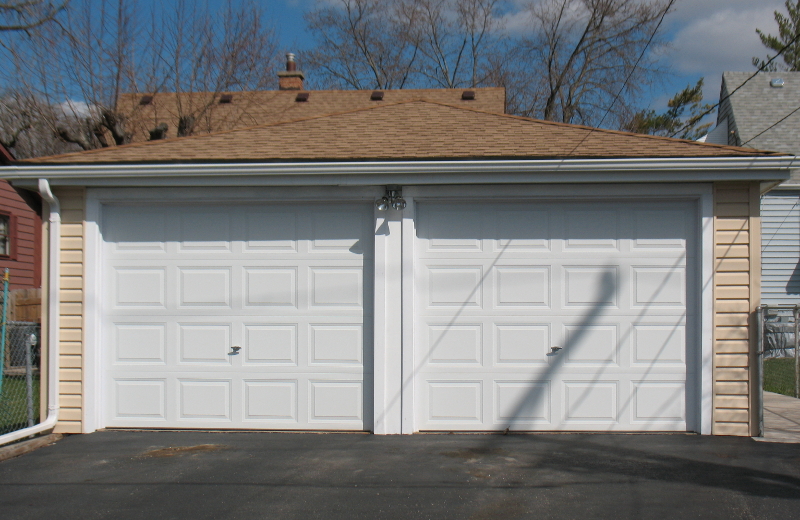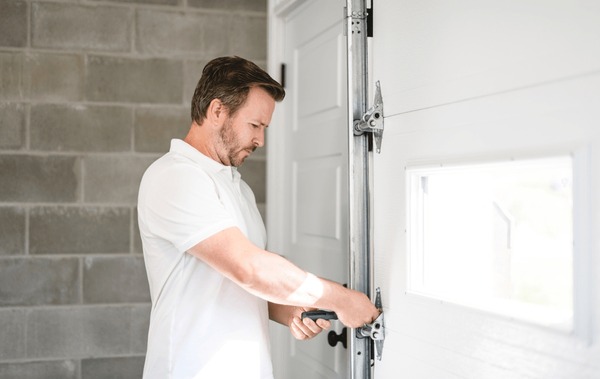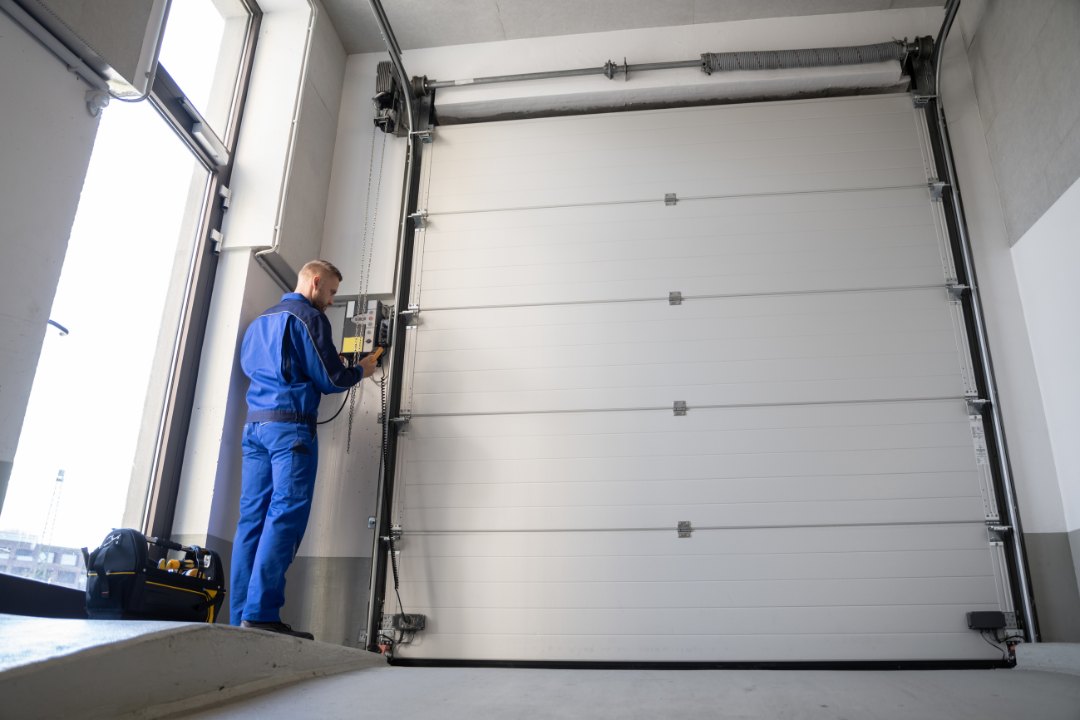Dealing with a garage door that refuses to open can be a major inconvenience. Whether you’re trying to head out for work or bring your car back into the garage, a stuck door can throw a wrench in your plans. That’s why a thorough garage door inspection is essential. In this comprehensive guide, we’ll walk you through the steps to diagnose and fix common issues that prevent garage doors from opening.

Why is Garage Door Inspection Important?
Regular inspections are crucial for maintaining the longevity and functionality of your garage door. By catching issues early, you can prevent costly repairs down the line. Moreover, a well-maintained garage door ensures safety and security for your home.
Initial Visual Check
Start with a basic visual inspection. Look for obvious signs of damage or wear and tear. Check the tracks for debris or dents, and ensure that the rollers are aligned properly.
Inspecting the Tracks
The tracks guide the door as it opens and closes. Make sure they are clean and free from obstructions. Any dents or bends should be addressed immediately to avoid further issues.
Examining the Rollers
The rollers help the door glide smoothly along the tracks. If they are worn out or misaligned, they can cause the door to jam. Lubricate them regularly and replace any that show signs of damage.
Checking the Garage Door Opener
Your garage door opener is the powerhouse behind the operation. If the door isn’t opening, the opener could be at fault. Check the power source and ensure the remote is functioning properly.
Testing the Remote Control
A faulty remote can prevent the door from opening. Replace the batteries and test the remote’s range. If the problem persists, the remote may need reprogramming.
Inspecting the Motor Unit
The motor unit could be malfunctioning. Listen for unusual noises and inspect for visible damage. Sometimes, a simple reset can solve the issue.
Spring and Cable Inspection
The springs and cables are under high tension and play a critical role in lifting the door. Ensure they are intact and free from rust or damage.
Checking the Springs
Broken springs are a common cause of garage doors not opening. Look for gaps or signs of wear. Replacing springs should be left to professionals due to the high risk of injury.
Examining the Cables
Frayed or broken cables can also prevent the door from opening. Inspect them closely and call a professional for replacements if needed.
Testing the Balance of the Door
A balanced door is crucial for smooth operation. Disconnect the opener and manually lift the door halfway. If it stays in place, it’s balanced. If not, adjustments are necessary.
Lubrication and Maintenance
Regular lubrication of moving parts can prevent many issues. Use a silicone-based lubricant on the tracks, rollers, and hinges to ensure smooth operation.
When to Call a Professional
If your garage door still won’t open after a thorough inspection, it’s time to call in a professional. They can diagnose more complex issues and perform necessary repairs safely.
Preventative Measures for the Future
To avoid future problems, schedule regular maintenance checks and address minor issues promptly. Keeping your garage door in top shape will save you time and money in the long run.
Related Resources
For more detailed checklists and benefits of regular inspection, visit Garage Door Inspection Checklist and Benefits of Regular Garage Door Inspections.

FAQs
Why won’t my garage door open with the remote?
This could be due to several reasons such as dead batteries, a malfunctioning remote, or interference with the remote signal.
Can I fix a broken garage door spring myself?
It’s not recommended to fix broken springs yourself due to the high tension and risk of injury. It’s best to hire a professional.
How often should I inspect my garage door?
A basic inspection should be done monthly, while a professional inspection is recommended annually to ensure everything is in working order.
For more insights on specific garage door issues, feel free to check out Garage Door Inspection for Tenants, Hot Climates Inspection, and Squeaking Sounds.
By following these guidelines, you can ensure that your garage door operates smoothly and reliably, keeping your home safe and secure.
This article contains affiliate links. We may earn a commission at no extra cost to you.







